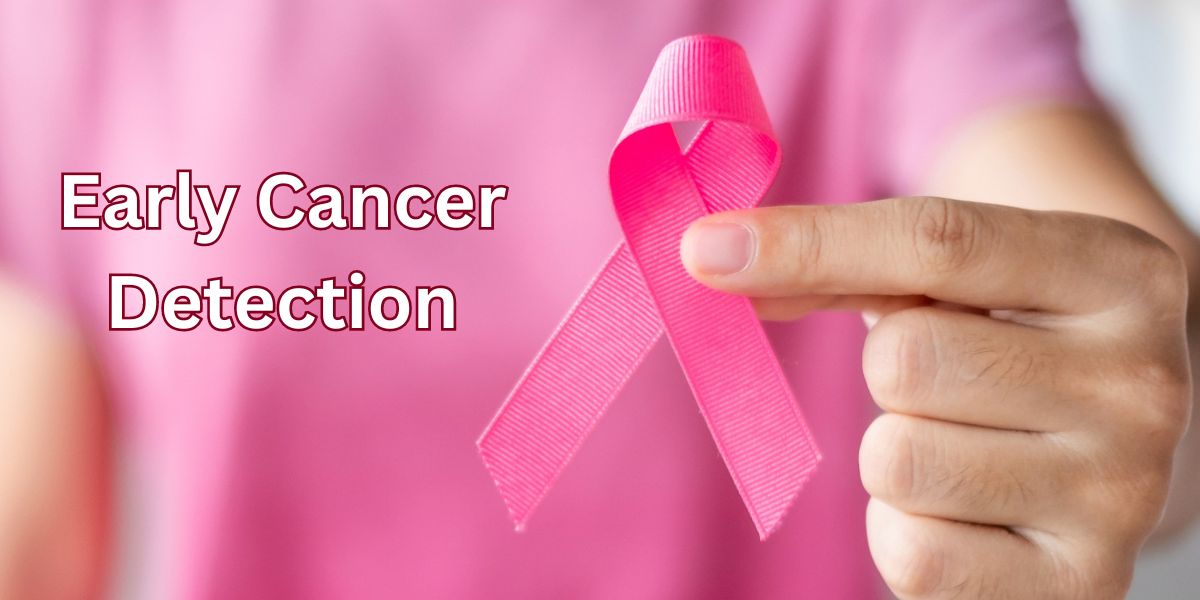BLOG
Shaping The Future Of Oncology: Early Cancer Detection

In the fight against cancer, early detection stands as one of the most significant advances, fundamentally reshaping the landscape of oncology. The ability to identify cancer at its earliest stages often means the difference between a manageable condition and one that is life-threatening. As medical technologies evolve, the methodologies and tools used for early detection are becoming more sophisticated, bringing new hope to patients and revolutionizing treatment protocols.
The Importance of Early Detection
Early detection of cancer can significantly enhance the effectiveness of treatment. When cancer is identified at an initial stage, treatment options are not only more abundant but also less invasive and more effective. This is because early-stage cancers are less likely to have metastasized to other parts of the body, making them easier to manage and eradicate. The survival rates for early-detected cancers, such as breast, colon, and skin cancer, are markedly higher compared to those identified at later stages.
Current Advances in Diagnostic Technologies
The journey towards revolutionary cancer detection methods is spearheaded by breathtaking technological innovations. Imaging techniques such as MRI scans, CT scans, and PET scans have become more refined, offering clearer, more detailed insights into the human body at a molecular level. However, the real breakthroughs are occurring in the field of molecular diagnostics and biomarkers.
Researchers are now focusing on identifying specific biomarkers associated with different types of cancer. These biomarkers can be detected through blood tests or bodily fluids and offer a non-invasive, early warning system against malignancies. For example, the development of liquid biopsies has made it possible to detect cancer cells or DNA from a simple blood sample, promising a future where cancer detection could be as routine as a regular blood work-up.
The Role of Artificial Intelligence
Artificial intelligence (AI) is set to revolutionize early cancer detection by enhancing the accuracy and efficiency of diagnostic processes. AI algorithms can analyze vast datasets from medical imaging more quickly and accurately than human radiologists. This not only speeds up the diagnostic process but also reduces the likelihood of human error, potentially catching subtle anomalies that the human eye might miss.
Moreover, AI is being used to predict cancer risk based on genetic information and lifestyle data. These predictive models can alert individuals and healthcare providers to heightened risks, prompting earlier screening and surveillance, thereby catching cancer sooner.
Challenges and Ethical Considerations
Despite the advancements, early cancer detection is fraught with challenges. The risk of false positives — where tests indicate cancer when none exists — can cause unnecessary anxiety and invasive follow-up procedures. Additionally, the high cost of cutting-edge technologies can limit access, particularly in low-resource settings, exacerbating health disparities.
Ethically, there are also concerns about genetic privacy and data security, especially with AI models that require extensive personal and medical data to function effectively. Ensuring that these technologies are used responsibly and equitably is crucial to their success and acceptance.
The Future Landscape
The future of oncology looks promising with ongoing research into genomics and the tumor microenvironment, which could yield more precise biomarkers and screening methods. Moreover, integration of digital health tools, like smart wearable technologies, could continually monitor for physiological changes indicative of cancer.
Educational campaigns and policy changes will be essential to ensure that these technologies reach their full potential. By increasing awareness and funding for early cancer detection research, society can help bridge the gap between technological capability and clinical practice.
Shaping the future of oncology through early cancer detection offers a beacon of hope in the fight against cancer. By catching cancer early, we not only save lives but also improve the quality of life for millions around the world. The journey is complex and filled with challenges, but with continued innovation and collaborative effort, the future of oncology promises to be one where cancer can be detected promptly and treated effectively, long before it becomes life-threatening.

